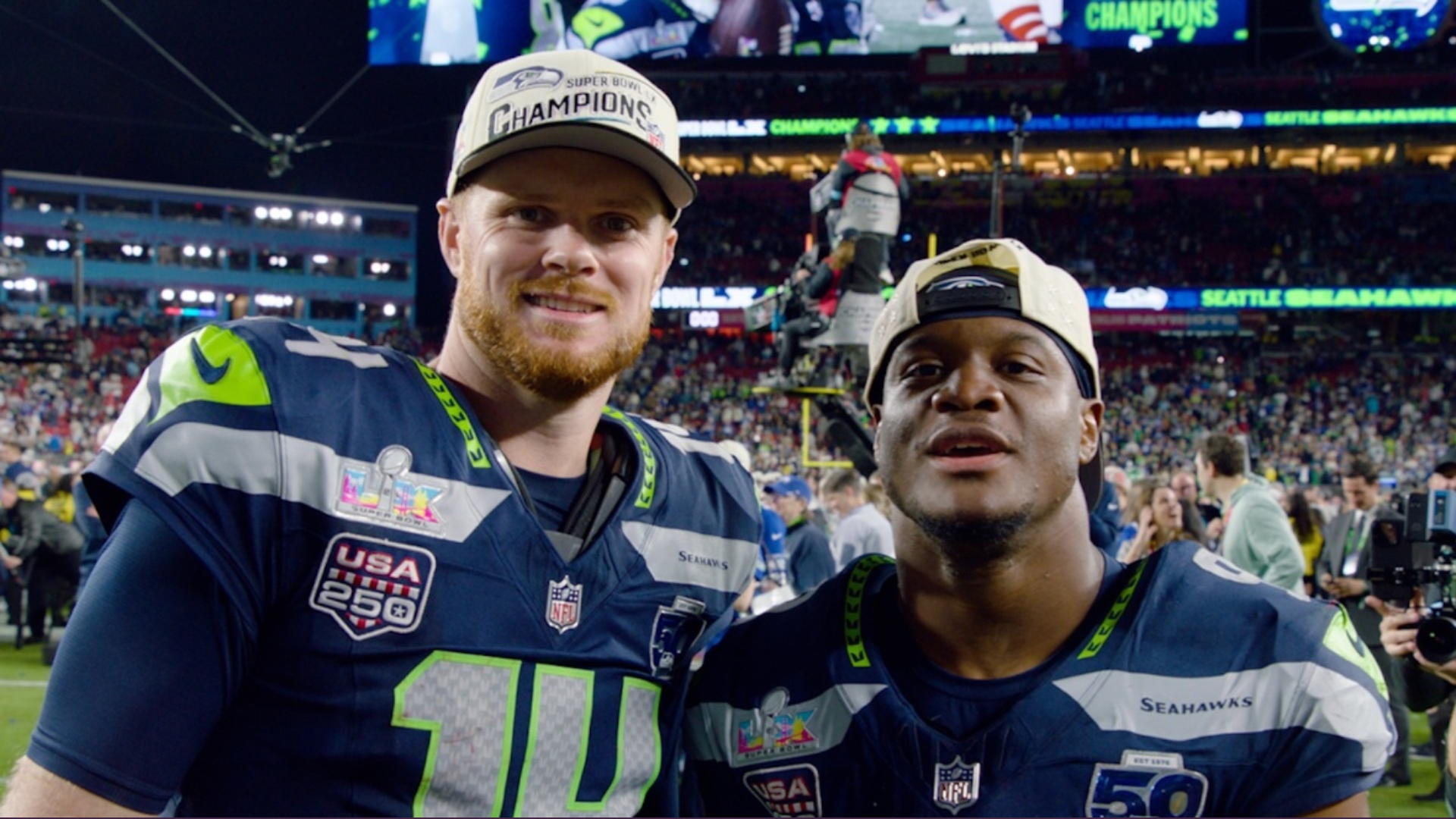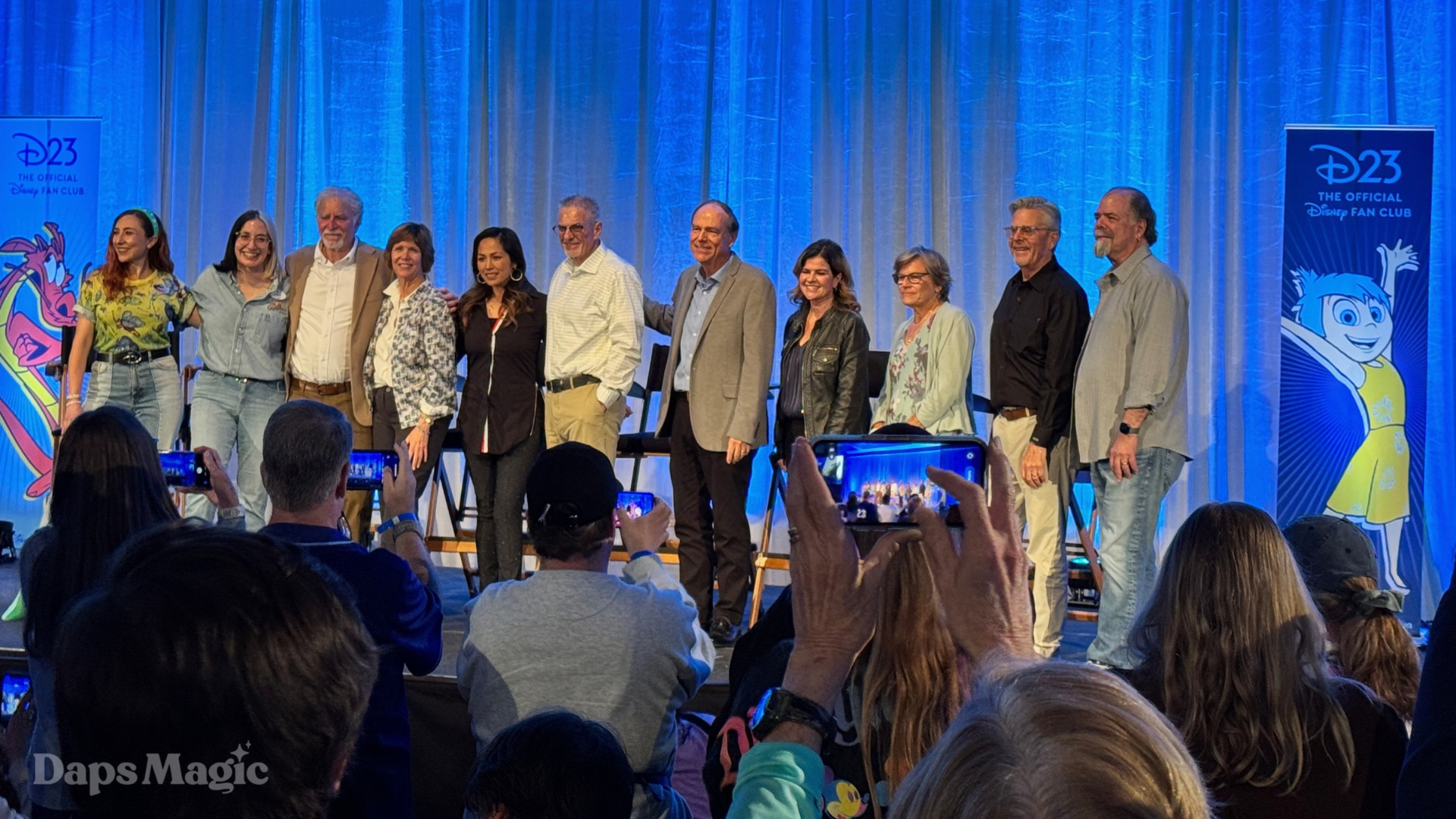NEW YORK: Consumers wary of buying new high-definition DVD players because of a technology war reminiscent of Betamax versus VHS will soon have a new kind of DVD that might make the decision less daunting.
Warner Brothers, which helped popularize the DVD more than a decade ago, plans to announce next week a single videodisc that can play films and television programs in both Blu-ray and HD-DVD, the rival DVD technologies.
Warner Brothers, a division of Time Warner, plans to formally announce the new disc, which it is calling a Total HD disc, at the Consumer Electronics Show in Las Vegas on Tuesday.
Last year, high-definition DVD players were introduced by two rival camps: a consortium called Blu-ray, backed by Sony and others, and a group called HD-DVD, backed by Toshiba and Microsoft. Retail and media executives have said that this clash of corporate titans and their incompatible machines is leaving some consumers bewildered and slowing the introduction of what is intended to be the next great thing in home entertainment.
Executives at Time Warner and its Hollywood subsidiary hope to spur sales of new DVD players and movies by gaining the support of retailers and cajoling rival studios into making their film and television libraries available in both formats on a single disc.
In addition to resurrecting a kind of war that marked the introduction of videocassettes in the 1980s, the high- definition battle has been exacerbated by the decision of several major studios to support only one of the technologies.
Thus, for instance, a copy of 20th Century Fox's "Ice Age: The Meltdown" is available only on Blu-ray, while Universal's "The Break-Up" can be viewed only on a disc and player built with HD- DVD technology.
Barry Meyer, the chairman and chief executive of Warner Brothers, said in an interview that the company had come up with the Total HD disc after concluding that neither Blu-ray nor HD-DVD was likely to disappear soon, as Betamax did when VHS became dominant.
"The next best thing is to recognize that there will be two formats and to make that not a negative for the consumer," Meyer said. "We felt that the most significant constituency for us to satisfy was the consumer first, and the retailer second. The retailer wants to sell hardware and doesn't want to be forced into stocking two formats for everything. This is ideal for them."
In a world besotted with gadgetry, few consumer products have generated as much excitement — and head- scratching — as high-definition television. Flat-screen, high-definition TVs have been flying off the shelves for the past year and are now nearly as common in homes as coffee pots. Yet few people are actually watching the superclear high-definition programming.
Part of the reason is the lack of high- definition programming on cable and satellite television, as well as the additional cost of decoder boxes and premium channels needed to get it. The rival movie player technologies have further blurred the outlook for high definition. Richard Greenfield, an analyst at Pali Capital, predicted in a recent report that this would be the first year since the introduction of the DVD in which consumer spending on the discs would decline, putting pressure on the studios that rely heavily on them for profits.
For now, a number of companies are releasing their DVDs only in Blu-ray. These include Sony; Metro-Goldwyn- Mayer, which is owned by private equity firms in partnership with Comcast and Sony; 20th Century Fox, a division of News Corp.; and Walt Disney Pictures.
Universal Studios, owned by General Electric, is releasing only in HD-DVD. Warner and Paramount Pictures, a division of Viacom, are issuing DVDs in both formats.
Behind these allegiances are complex strategic questions involving just about everything from manufacturing costs to profit margins, debates over each format's technical strengths and weaknesses and how these players relate to Microsoft's and Sony's video- game strategies.
Blu-ray players are built into the new Sony PlayStation 3, while Microsoft is selling HD-DVD drives that attach to its Xbox 360.
In another wrinkle, LG Electronics, and possibly other gadget makers attending the Las Vegas conference, plan to announce new DVD players with drives for both formats; however, such players will probably be more expensive than other players at first.
Jeffrey Bewkes, president of Time Warner, said the Total HD disc had a better chance of catching on than dual players. Research commissioned by Warner indicated that consumers were willing to pay several dollars more than the price of current high-definition DVDs for a disc that would work on both players.





